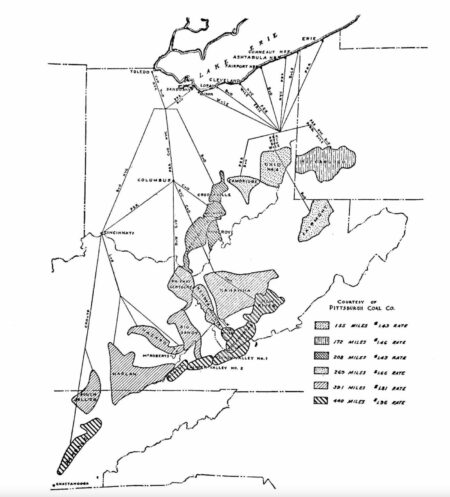
Monetary Power and the Core-Periphery Dynamics of Inflation
How inflation affects a country depends on how its currency is situated within the global monetary order. Peripheral states with subordinate currencies are both vulnerable to, and constrained by, monetary policy decisions at the core, an arrangement that penalizes the global periphery in ways that parallel historical patterns of uneven exchange.




